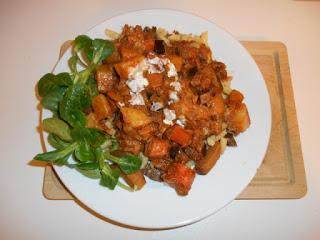The Bells
... the silence, wanly prinkt
with forms of lingering notes
– Christopher Brennan
In Germany, there appear to have been few
instances of overt resistance to the [Nazi]
confiscation of church bells. – Kirrily Freeman
... the silence, wanly prinkt
with forms of lingering notes
– Christopher Brennan
In Germany, there appear to have been few
instances of overt resistance to the [Nazi]
confiscation of church bells. – Kirrily Freeman
I tilt the window
and they pour in here
cascading, swallowing
till I can’t separate
sacred from secular –
how could it matter?
More than a marker
of time or collection
sanctus or death-knell
barely an interval
they take possession
with body and tongue.
Once they were named as
metallic resources.
Churches flew swastikas.
You can see photos
of the bell-graveyards
thousands awaiting
recasting for service
from all over Europe.
Now in T√ľbingen
they ring out in order:
some are survivors,
missed requisition
by virtue of heritage –
others too recent
to carry that weight.
and they pour in here
cascading, swallowing
till I can’t separate
sacred from secular –
how could it matter?
More than a marker
of time or collection
sanctus or death-knell
barely an interval
they take possession
with body and tongue.
Once they were named as
metallic resources.
Churches flew swastikas.
You can see photos
of the bell-graveyards
thousands awaiting
recasting for service
from all over Europe.
Now in T√ľbingen
they ring out in order:
some are survivors,
missed requisition
by virtue of heritage –
others too recent
to carry that weight.
Tracy Ryan






